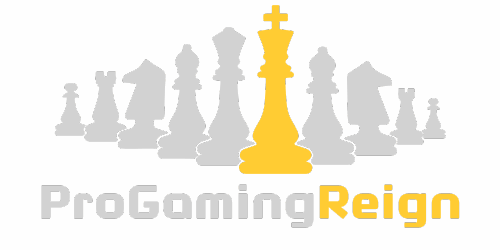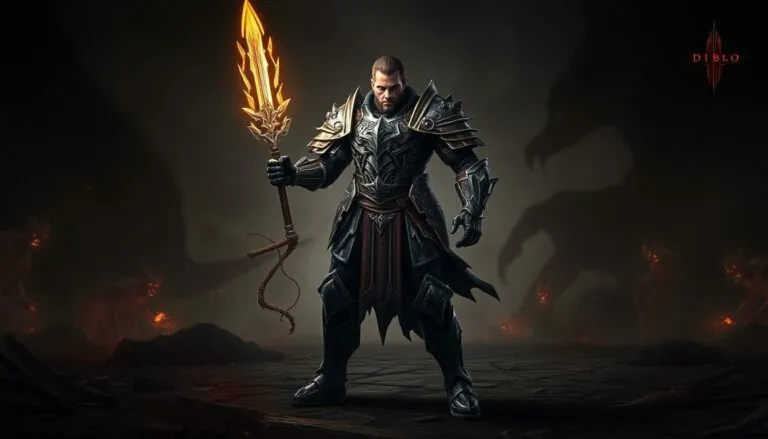Table of Contents
ToggleImagine this: you’re building your ultimate fortress in Rust, and your buddy on console wants to join the fun. But can they really dive into the chaos with you on PC? This question has sparked debates hotter than a campfire in the middle of a raid. Cross-platform play is the holy grail for gamers, and Rust fans are no exception.
Overview of Rust Game
Rust, developed by Facepunch Studios, is a multiplayer survival game. Players start with nothing and must gather resources, craft items, and build shelters. Set in a post-apocalyptic world, survival is paramount. Players face threats from environmental hazards, wildlife, and other players.
The game focuses on teamwork and strategy. Coordinating with teammates enhances the chances of survival. Enemies can attack at any time, making preparation vital. Players often form alliances to strengthen their positions against rival groups.
Crafting plays a crucial role in Rust. Players can create weapons, tools, and building materials. Gathering resources like wood, stone, and metal becomes essential. Crafting high-quality items helps in combat and survival situations.
Hunger and health management add another layer of challenge. Players must find food and water to stay alive. If health drops too low, survival becomes increasingly difficult. Encounters with other players can quickly escalate into conflict, adding suspense to the gameplay.
Graphics and sound design create an immersive experience. The visual elements enhance the atmosphere of the game. Players experience day-night cycles and dynamic weather effects, influencing gameplay. Engaging soundscapes heighten the tension and excitement during encounters.
Rust focuses on player-driven experiences. Each gaming session presents unique challenges based on player interactions. The open-world design allows for endless exploration and experimentation. Building bases and raiding others fosters a sense of accomplishment.
Community engagement shapes the game’s evolution. Developers frequently update the game based on player feedback. New content and features keep the gameplay fresh and exciting, reinforcing the game’s position in the survival genre.
Cross-Platform Play
Cross-platform play in Rust refers to the ability for players on different platforms, such as console and PC, to interact within the same game environment. The desire for this feature among gamers highlights its significance in creating a more unified gaming community.
What Is Cross-Platform Play?
Cross-platform play allows gamers to join forces or compete against each other, regardless of their gaming device. This functionality eliminates barriers between players on PCs and consoles, enhancing the multiplayer experience. It facilitates seamless interaction and interaction between platforms, enabling friends to team up or challenge one another. Developers strive to implement this feature to cater to diverse player preferences.
Benefits of Cross-Platform Play
Many advantages arise from enabling cross-platform play. First, it significantly expands the player base, allowing for quicker matchmaking. A larger community fosters a vibrant and engaging gameplay experience. Enhanced social interaction occurs as players connect with friends across platforms. Additionally, it promotes longevity for games, keeping the player interest alive through diverse interactions. Developers often see improved game balance thanks to a mix of skill levels from various platforms.
Compatibility Between Console and PC
Compatibility between console and PC in Rust remains a significant topic within the gaming community. Many players seek opportunities to interact across platforms, but various factors influence this goal.
Technical Limitations
Technical limitations arise primarily from differences in game architecture. Consoles and PCs utilize distinct systems, which can hinder seamless connectivity. Console versions often undergo optimizations tailored for specific hardware, while PC versions leverage diverse configurations and performance capabilities. Limitations in input methods also play a role, as controllers differ from keyboard and mouse setups, potentially affecting gameplay dynamics. These factors contribute to challenges in achieving true cross-platform play in Rust.
Performance Considerations
Performance considerations further complicate cross-platform gameplay. Variations in frame rates, graphics fidelity, and load times exist between consoles and PCs. Consoles typically offer a more uniform experience due to fixed hardware specifications, while PCs vary widely based on individual components. Differences in performance can lead to disparities in gameplay experiences, which may frustrate players. Ensuring consistency across platforms poses a challenge that developers must address to facilitate effective interactions between console and PC players in Rust.
Community Perspective
Cross-platform play in Rust sparks lively discussions among players. Gamers often share their thoughts on how playing together might enhance their experience.
Player Experiences
Players express mixed feelings about the possibility of teaming up across platforms. Some gamers on PC cite advantages like improved graphics and controls, which might not translate as effectively on consoles. However, console players appreciate the accessibility and console-specific features that simplify gameplay. Unique stories emerge from players as they navigate the challenges of Rust. Many have encountered situations where their gaming community plays a crucial role, whether through cooperative strategies or rivalries. These interactions shape the overall enjoyment of Rust, regardless of the platform used.
Popular Opinions
Many members of the Rust community passionately advocate for cross-platform capabilities. Supporters argue that such integration could enhance the player base, leading to quicker matchmaking. Detractors express concerns about balancing issues and exploit opportunities that might arise from different skill levels. Community discussions frequently revolve around developers’ responsibilities to provide fair experiences for all players. Others emphasize the importance of ensuring that technical challenges do not overshadow the potential benefits of cross-platform play. In the ever-evolving landscape of gaming, players remain hopeful for future updates that might bridge the gap between platforms.
Conclusion
The desire for cross-platform play in Rust reflects a growing trend among gamers seeking more inclusive experiences. While technical challenges exist between PC and console systems, the community’s enthusiasm for collaboration is undeniable. Players recognize the potential benefits such as faster matchmaking and diverse interactions that could enhance their gameplay.
As developers continue to address these compatibility issues, the hope for a unified gaming environment remains strong. The ongoing discussions within the Rust community underscore the importance of player feedback in shaping future updates. Ultimately, the aspiration for cross-platform capabilities could redefine how players connect and engage in the immersive world of Rust.






